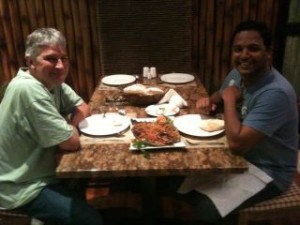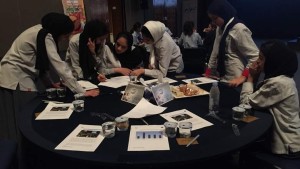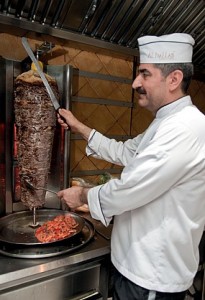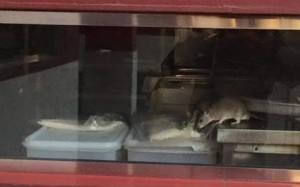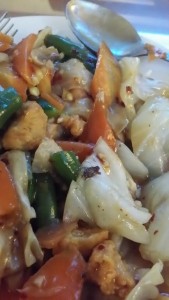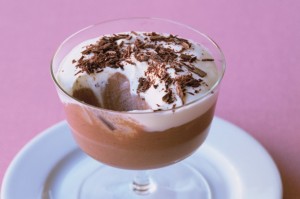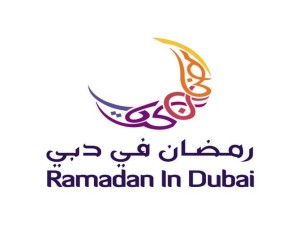Sajila Saseendran of Gulf News writes Dubai Municipality has shut down an American restaurant after 15 people fell ill following a food poisoning outbreak recently.
 The Food Safety Department of the civic body ordered the outlet to close and held its chef and Person-In-Charge (PIC) of food safety responsible for the salmonella infection that caused the outbreak, the municipality stated.
The Food Safety Department of the civic body ordered the outlet to close and held its chef and Person-In-Charge (PIC) of food safety responsible for the salmonella infection that caused the outbreak, the municipality stated.
The department has downgraded the food safety rating of the outlet and revoked its PIC certificate.
The outlet in a Jumeirah mall will be under strict monitoring for the next six months once it will be allowed to reopen after the closure period to corrective measures.
The team collected samples and conducted internationally accepted tests following which they traced the infection to raw eggs used in hollandaise sauce, officials said.
It was found that the chef had used raw eggs in violation of the food safety rules.
Following this, the department issued a fresh alert to eateries preparing food with eggs reminding them about its ban on using raw eggs in ready-to-eat products.
In 2012, the municipality barred Dubai eateries from using raw eggs in ready-to-eat products after authorities found them as a cause of many salmonella infections reported here.
New regulations that restrict the use of raw and under-cooked eggs were introduced and it was also made mandatory to declare their use in food labels or menus.




